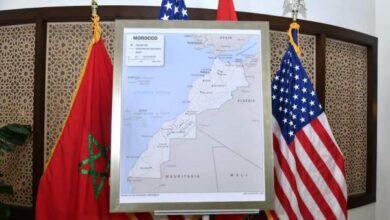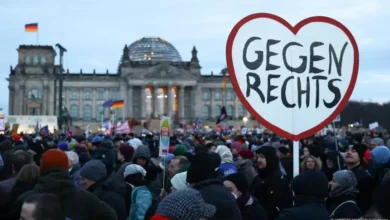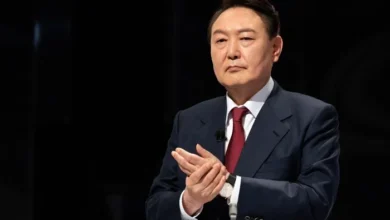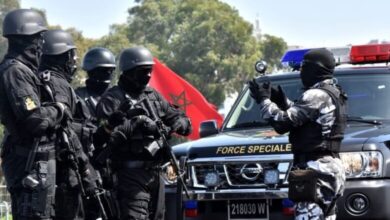Expert: UN Security Council Decision Increases Algeria’s International Isolation
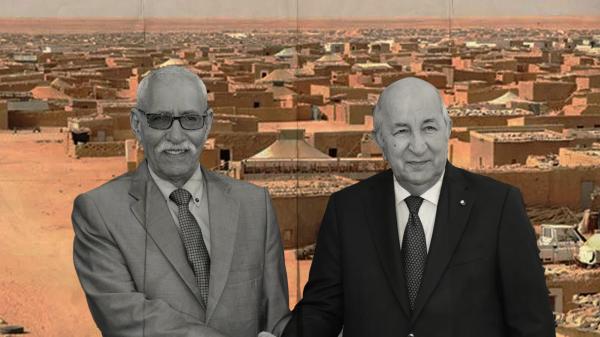
The United Nations Security Council issued its decision last Thursday on the Moroccan Sahara conflict, renewing the mandate of the UN Mission for the Referendum in Moroccan Sahara (MINURSO) for a full year, until October 31, 2025. The decision also reaffirmed international support for Morocco’s autonomy initiative as a credible and serious solution.
This reflects increasing international backing for Morocco’s stance on the Sahara issue and highlights Algeria’s isolation within the Security Council and the broader international community.
Following this, the Algerian delegate, left without allies, was compelled to leave the Security Council session. In this regard, Abdelkrim Chaieri, an international relations researcher, told ELKhabariya that “Algeria’s isolation has deepened after its allies and supporters abandoned it on an issue Algeria considers fundamentally internal.” He added that the Algerian regime, the kabranat (military leaders), relies heavily on this issue.
Regarding Algeria’s allies, Chaieri noted that “with Russia’s stance, as the Russian permanent representative to the United Nations rejected the amendments proposed by its Algerian ally, Algeria was left unsupported.” He explained that the Russian delegate publicly rejected Algeria’s requested modifications to MINURSO’s mandate, specifically regarding the addition of a human rights monitoring clause.
Chaieri continued by explaining that “Algeria’s support for the Polisario, especially after Russia’s abandonment of Algeria in the Security Council and the rejection of the Algerian delegate’s proposals, which led him to leave the session empty-handed, further reinforces Algeria’s isolation.” He added that this isolation will likely deepen as Morocco’s relations with various partners advance, effectively blocking prospects for Algeria, which remains the primary supporter of separatism.
Chaieri also emphasized that Algeria’s isolation extends beyond the Sahara issue. “Regionally, Algeria has failed to assume a leadership role in African and Arab issues as it had hoped, weakening its standing in the international community. Additionally, security concerns, such as terrorism and illegal immigration, have raised questions about Algeria’s stability among some nations.”
In this context, a statement from Morocco’s Foreign Ministry underscored that Algeria’s abstention from voting reflects its isolated stance within the Security Council and the international community at large. The statement also exposed Algeria’s contradictions: it claims to defend international legitimacy and the decisions of the Security Council and the UN’s efforts, yet refuses to support these efforts and continues to hinder progress.
